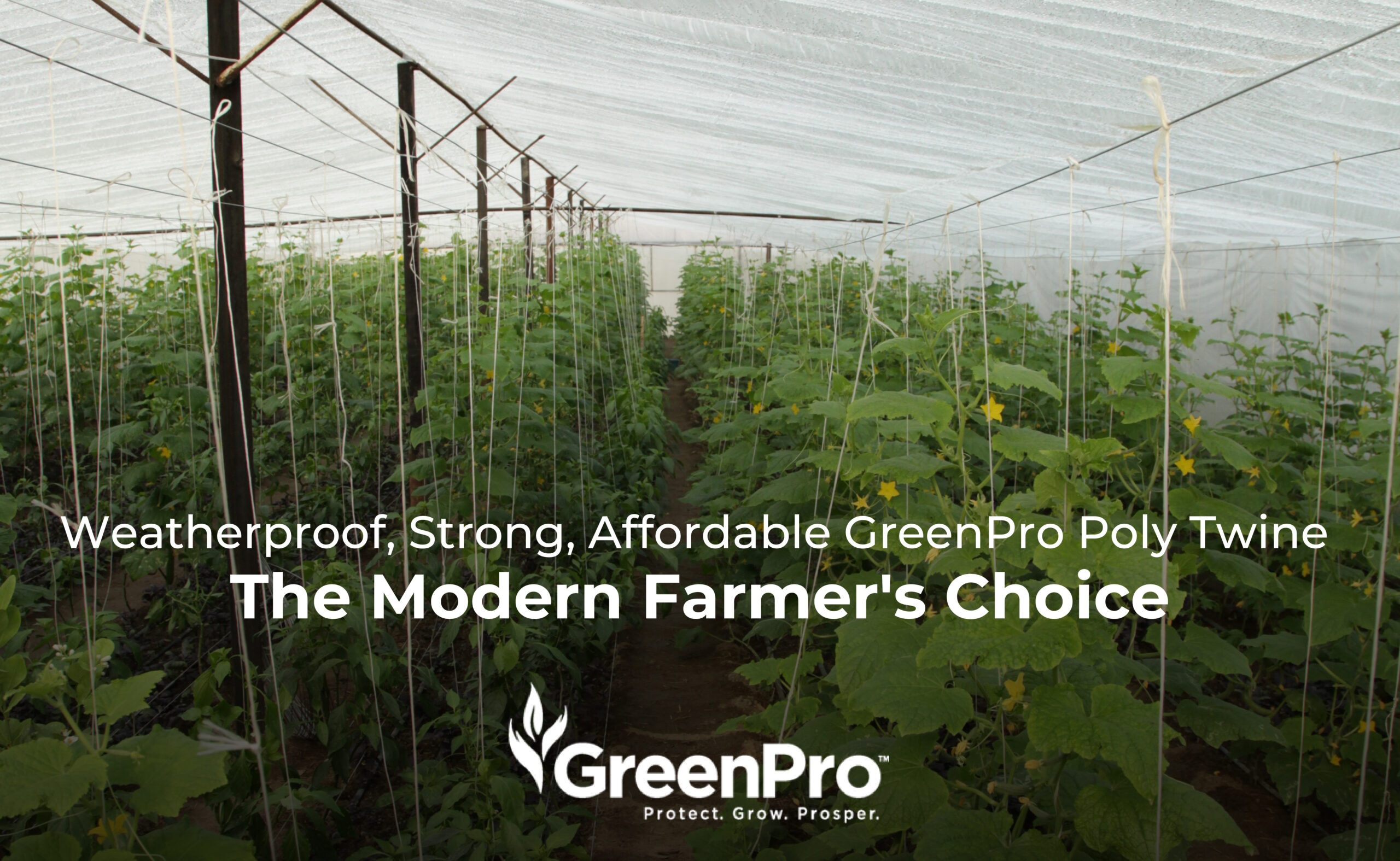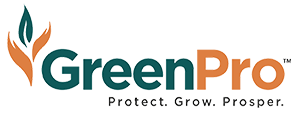A Guide to Polypropylene Rope Agricultural Twine for Farming Success

At GreenPro Ventures, we understand the importance of having the right tools for the job. For generations, farmers have relied on strong, dependable twine to keep their operations running smoothly. In today’s world, polypropylene rope twine has become a popular and versatile choice for a variety of agricultural applications.
What is Polypropylene Rope Twine?
Made from synthetic polypropylene fibers, this Agricultural Twine is known for its strength, durability, and affordability. Polypropylene is a lightweight plastic that offers several advantages over natural fibers like jute or sisal. The key benefits are:
- Weather Resistance: Unlike natural fibers, polypropylene twine is highly resistant to moisture, rot, and mildew.This ensures it can withstand harsh weather conditions and prolonged outdoor use without breaking down.
- Strength and Durability: Polypropylene offers excellent tensile strength, meaning it can withstand significant pulling force without snapping. This makes it ideal for tasks like baling hay and securing crops.
- Lightweight and Easy Handling: Compared to natural fibers, polypropylene twine is significantly lighter. This makes it easier to work with, reducing fatigue during long days on the farm.
- Versatility: Polypropylene twine comes in a variety of thicknesses and strengths, making it suitable for a wide range of agricultural applications.
- Cost-Effectiveness: Polypropylene twine is generally less expensive than natural alternatives, offering a cost-effective solution for farmers.
Applications of Polypropylene Rope Twine on the Farm
The versatility of polypropylene twine makes it a valuable asset for any farm. The most common uses are:
- Baling Hay and Straw: Polypropylene twine is the industry standard for securing bales of hay and straw. Its strength ensures bales stay tightly packed during transport and storage.
- Tying Crops: From tomatoes to cucumbers, polypropylene twine can be used to support and train climbing plants,preventing them from falling over.
- Securing Tarps and Row Covers: Polypropylene twine is a reliable choice for securing tarps and row covers over crops, protecting them from harsh weather and pests.
- General Purpose Tying and Bundling: Polypropylene twine can be used for a variety of general-purpose tasks on the farm, such as tying up bags, securing tools, and bundling materials.
Choosing the Right Polypropylene Rope Twine
With so many options available, selecting the right polypropylene twine for your needs is crucial. Here are some factors to consider:
- Twine Thickness (Denier): Denier refers to the weight and thickness of the twine. Higher denier indicates a thicker and stronger twine, suitable for heavy-duty applications like baling.
- UV Protection: For prolonged outdoor use, consider purchasing twine with UV protection to prevent sun damage and ensure long-lasting performance.
- Color: While white is the most common color, twine also comes in various colors for better visibility or specific applications.
GreenPro Ventures: Your Partner in Sustainable Farming
At GreenPro Ventures, we are committed to providing farmers with the tools and resources they need to succeed. We offer a wide selection of high-quality polypropylene rope twine in various sizes and strengths to meet your specific requirements. Our knowledgeable staff is happy to assist you in choosing the right twine for your farm and answer any questions you may have.
By incorporating polypropylene rope twine into your farming practices, you can benefit from increased efficiency, cost savings, and the peace of mind that comes with a reliable and durable product. Contact GreenPro Ventures today and see how we can help you achieve farming success!
